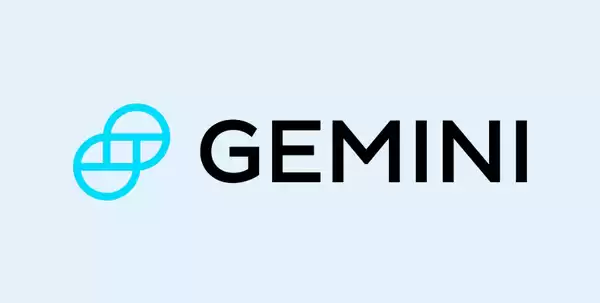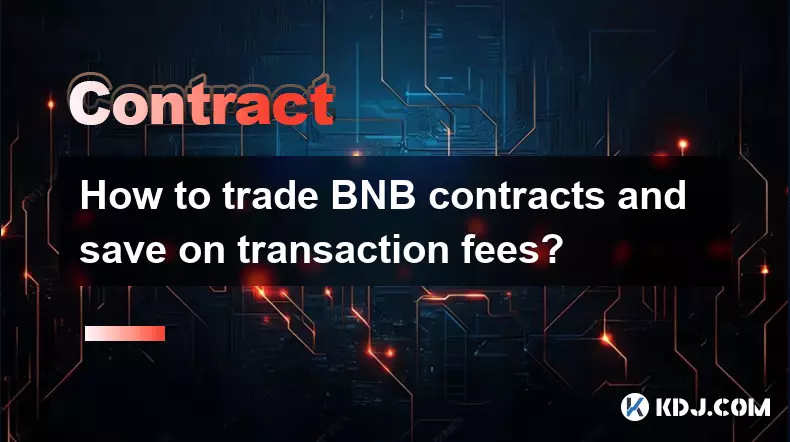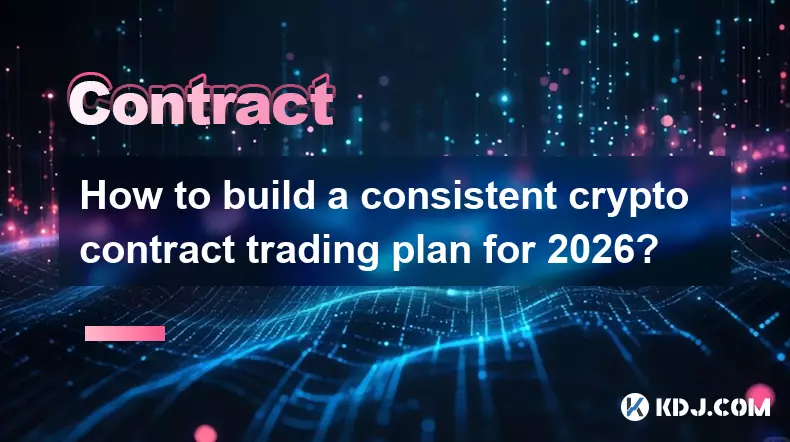-
 bitcoin
bitcoin $87959.907984 USD
1.34% -
 ethereum
ethereum $2920.497338 USD
3.04% -
 tether
tether $0.999775 USD
0.00% -
 xrp
xrp $2.237324 USD
8.12% -
 bnb
bnb $860.243768 USD
0.90% -
 solana
solana $138.089498 USD
5.43% -
 usd-coin
usd-coin $0.999807 USD
0.01% -
 tron
tron $0.272801 USD
-1.53% -
 dogecoin
dogecoin $0.150904 USD
2.96% -
 cardano
cardano $0.421635 USD
1.97% -
 hyperliquid
hyperliquid $32.152445 USD
2.23% -
 bitcoin-cash
bitcoin-cash $533.301069 USD
-1.94% -
 chainlink
chainlink $12.953417 USD
2.68% -
 unus-sed-leo
unus-sed-leo $9.535951 USD
0.73% -
 zcash
zcash $521.483386 USD
-2.87%
How to trade Gemini contracts
Gemini contracts, offered by Gemini cryptocurrency exchange, provide traders with leveraged speculation opportunities on cryptocurrency prices, enabling them to amplify potential profits while also increasing risk.
Nov 13, 2024 at 05:36 pm

Gemini contracts are a form of derivative instrument offered by the Gemini cryptocurrency exchange. They allow traders to speculate on the future price of cryptocurrencies without directly owning the underlying asset. Key features of Gemini contracts include:
- Leveraged trading: Contracts allow traders to use leverage, which enables them to increase their potential profits but also magnifies their potential losses.
- Margin trading: Traders must post margin, a form of collateral, to enter into a contract. Margin can be either deposited in cash or cryptocurrencies.
- Multiple contract types: Gemini offers two main contract types: perpetual swaps and futures contracts. Perpetual swaps have no fixed expiration date, while futures contracts expire at a predetermined time.
Selecting an appropriate trading strategy is essential for successful contract trading. Common strategies include:
- Trend following: Capturing price movements by trading in the direction of the prevailing trend.
- Range trading: Exploiting price fluctuations within specific support and resistance levels.
- Scalping: Executing multiple short-term trades to profit from small price movements.
- Arbitrage: Taking advantage of price discrepancies between different exchanges or assets.
To trade Gemini contracts, you must create an account on the Gemini platform. This involves completing the identity verification process and linking a supported payment method. Gemini supports both individual and institutional accounts.
Step 4: Funding Your AccountBefore trading, you need to fund your Gemini account with either cash or cryptocurrencies. Gemini supports a variety of funding options, including wire transfers, credit/debit cards, and crypto deposits. Ensure your account is adequately funded to cover your margin requirements and potential losses.
Step 5: Placing an OrderTo execute a contract trade, you must place an order on the Gemini trading platform. Gemini offers a variety of order types, including:
- Market order: Execute immediately at the current market price.
- Limit order: Buy/sell at a specified price.
- Stop order: Triggered when the price reaches a predetermined level.
Contract trading involves significant risk. To mitigate these risks, consider the following measures:
- Use leverage wisely: Leverage amplifies both potential profits and losses. Be cautious about the leverage you employ.
- Set stop-loss orders: Automatically sell your contract if the price falls below a predetermined level, limiting potential losses.
- Manage your emotions: Avoid making decisions based on fear or greed. Stick to your predetermined trading plan.
Once you master the basics, consider exploring advanced trading techniques to enhance your strategy, such as:
- Technical analysis: Using historical price data to identify patterns and make trading decisions.
- Arbitrage trading: Exploiting price differences between exchanges to profit from market inefficiencies.
- Cross-margining: Using the value of all your assets in one account to back your trading positions.
Disclaimer:info@kdj.com
The information provided is not trading advice. kdj.com does not assume any responsibility for any investments made based on the information provided in this article. Cryptocurrencies are highly volatile and it is highly recommended that you invest with caution after thorough research!
If you believe that the content used on this website infringes your copyright, please contact us immediately (info@kdj.com) and we will delete it promptly.
- DeFi Users Eye a Brighter Horizon: Survey Reports Uncover Widespread Positive Sentiment Amidst Evolving Crypto Landscape
- 2026-02-03 22:05:01
- Crypto's Wild Ride: Token Failures, Meme Coins, and the 2025 Chaos Exposed
- 2026-02-03 21:55:01
- Epstein Files Unseal Echoes of Satoshi Nakamoto and Encrypted Secrets
- 2026-02-03 22:10:02
- OpenAI Unveils GPT-5.2 and Hardware Ambitions: A New Era of AI Innovation
- 2026-02-03 22:05:01
- European Investors Seek Secure Physical Gold Amidst Market Volatility, Exploring Tokenized Solutions
- 2026-02-03 21:55:01
- Palantir's Q4 Earnings: An AI-Fueled Ascent Amid Surging Demand
- 2026-02-03 22:00:01
Related knowledge

How to close a crypto contract position manually or automatically?
Feb 01,2026 at 11:19pm
Manual Position Closure Process1. Log into the trading platform where the contract is active and navigate to the 'Positions' or 'Open Orders' tab. 2. ...

How to understand the impact of Bitcoin ETFs on crypto contracts?
Feb 01,2026 at 04:19pm
Bitcoin ETFs and Market Liquidity1. Bitcoin ETFs introduce institutional capital directly into the spot market, increasing order book depth and reduci...

How to trade DeFi contracts during the current liquidity surge?
Feb 01,2026 at 07:00am
Understanding Liquidity Dynamics in DeFi Protocols1. Liquidity surges in DeFi are often triggered by coordinated capital inflows from yield farming in...

How to use social trading to copy crypto contract experts?
Feb 02,2026 at 07:40am
Understanding Social Trading Platforms1. Social trading platforms integrate real-time market data with user interaction features, enabling traders to ...

How to trade BNB contracts and save on transaction fees?
Feb 03,2026 at 12:39am
Understanding BNB Contract Trading Mechanics1. BNB contracts are derivative instruments traded on Binance Futures, allowing users to gain leveraged ex...

How to build a consistent crypto contract trading plan for 2026?
Feb 02,2026 at 10:59pm
Defining Contract Specifications1. Selecting the underlying asset requires evaluating liquidity depth, historical volatility, and exchange support acr...

How to close a crypto contract position manually or automatically?
Feb 01,2026 at 11:19pm
Manual Position Closure Process1. Log into the trading platform where the contract is active and navigate to the 'Positions' or 'Open Orders' tab. 2. ...

How to understand the impact of Bitcoin ETFs on crypto contracts?
Feb 01,2026 at 04:19pm
Bitcoin ETFs and Market Liquidity1. Bitcoin ETFs introduce institutional capital directly into the spot market, increasing order book depth and reduci...

How to trade DeFi contracts during the current liquidity surge?
Feb 01,2026 at 07:00am
Understanding Liquidity Dynamics in DeFi Protocols1. Liquidity surges in DeFi are often triggered by coordinated capital inflows from yield farming in...

How to use social trading to copy crypto contract experts?
Feb 02,2026 at 07:40am
Understanding Social Trading Platforms1. Social trading platforms integrate real-time market data with user interaction features, enabling traders to ...

How to trade BNB contracts and save on transaction fees?
Feb 03,2026 at 12:39am
Understanding BNB Contract Trading Mechanics1. BNB contracts are derivative instruments traded on Binance Futures, allowing users to gain leveraged ex...

How to build a consistent crypto contract trading plan for 2026?
Feb 02,2026 at 10:59pm
Defining Contract Specifications1. Selecting the underlying asset requires evaluating liquidity depth, historical volatility, and exchange support acr...
See all articles

























![Discontinuum by: ArchitechGD 100% (1 coin) (Mobile) Geometry Dash [2.2] Discontinuum by: ArchitechGD 100% (1 coin) (Mobile) Geometry Dash [2.2]](/uploads/2026/02/03/cryptocurrencies-news/videos/origin_69814d99e6b61_image_500_375.webp)
















































